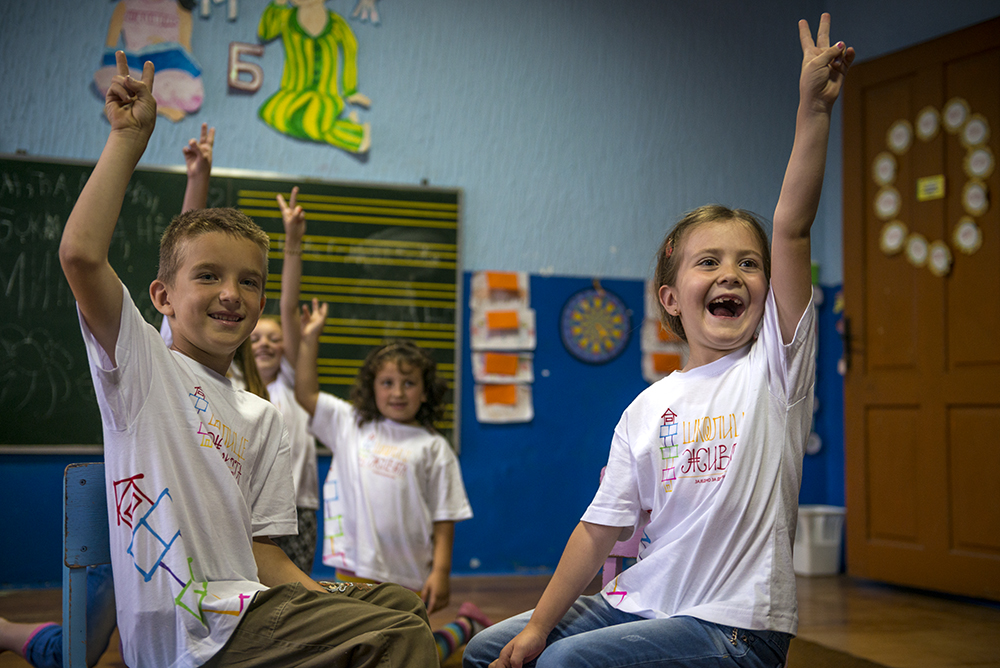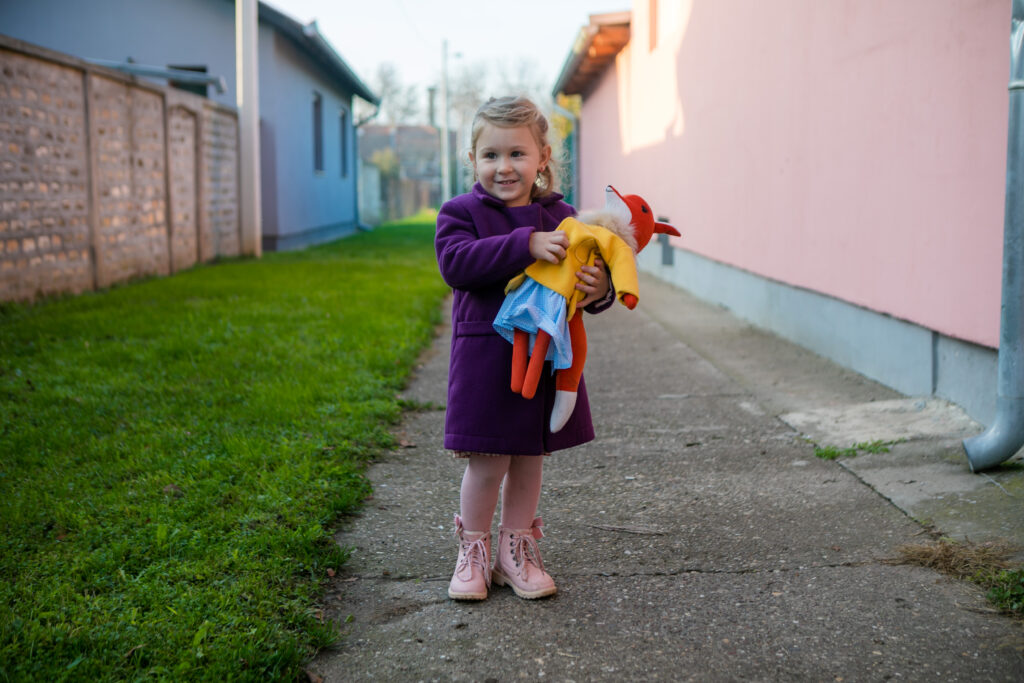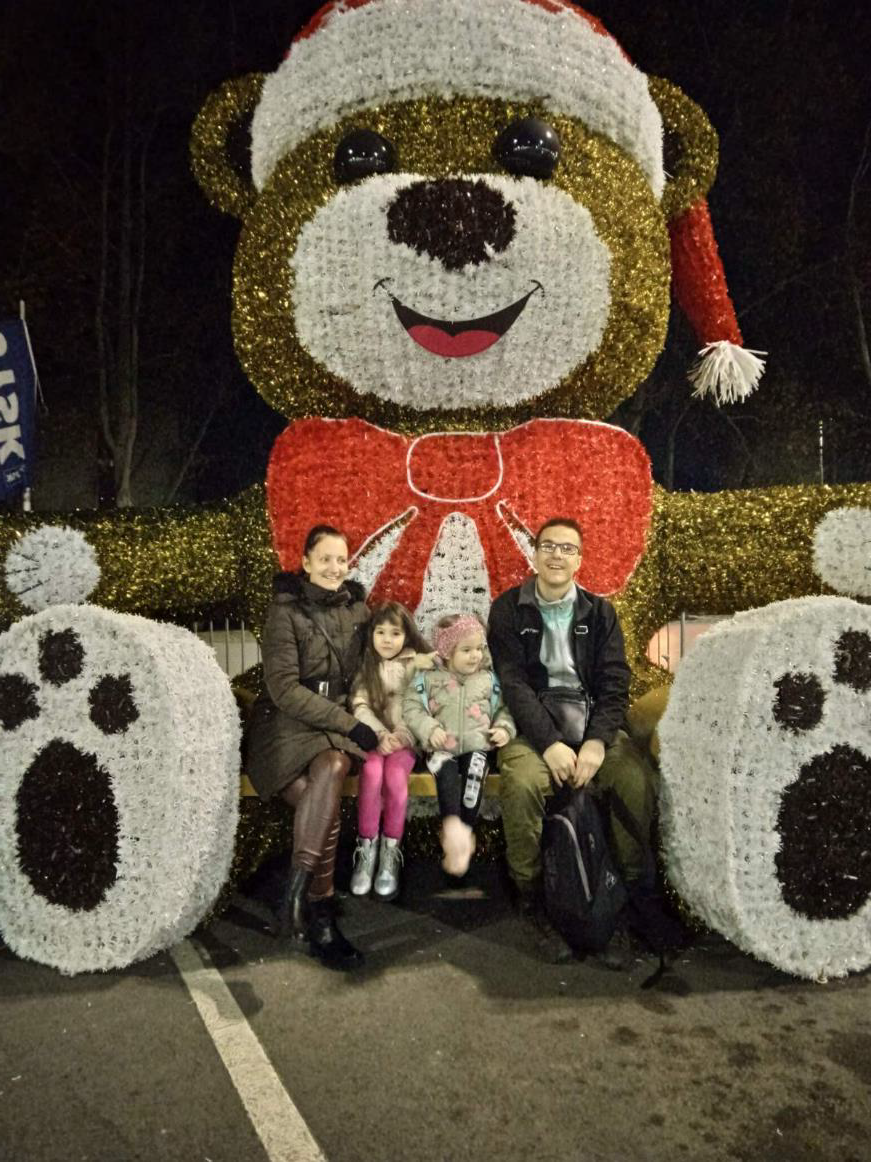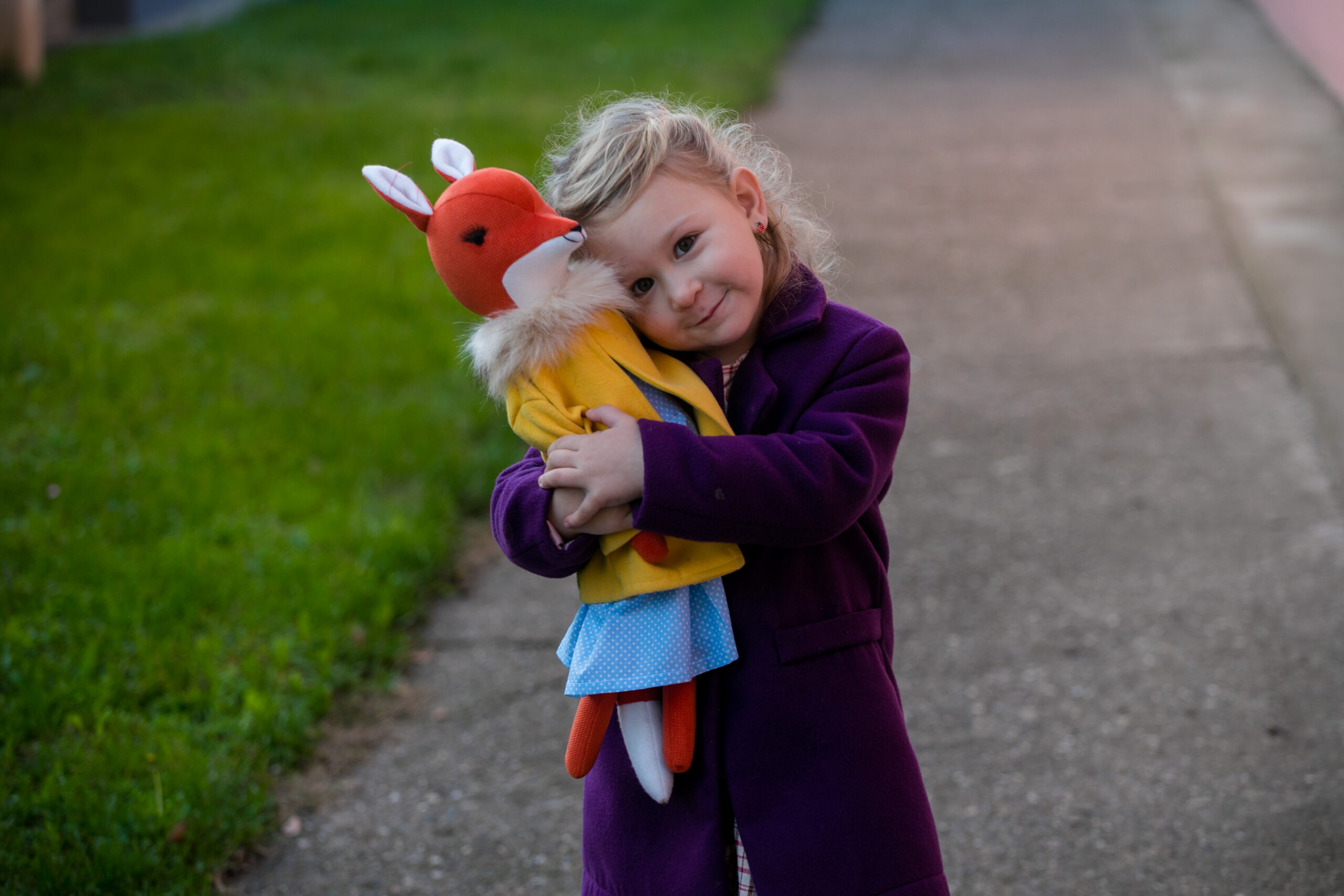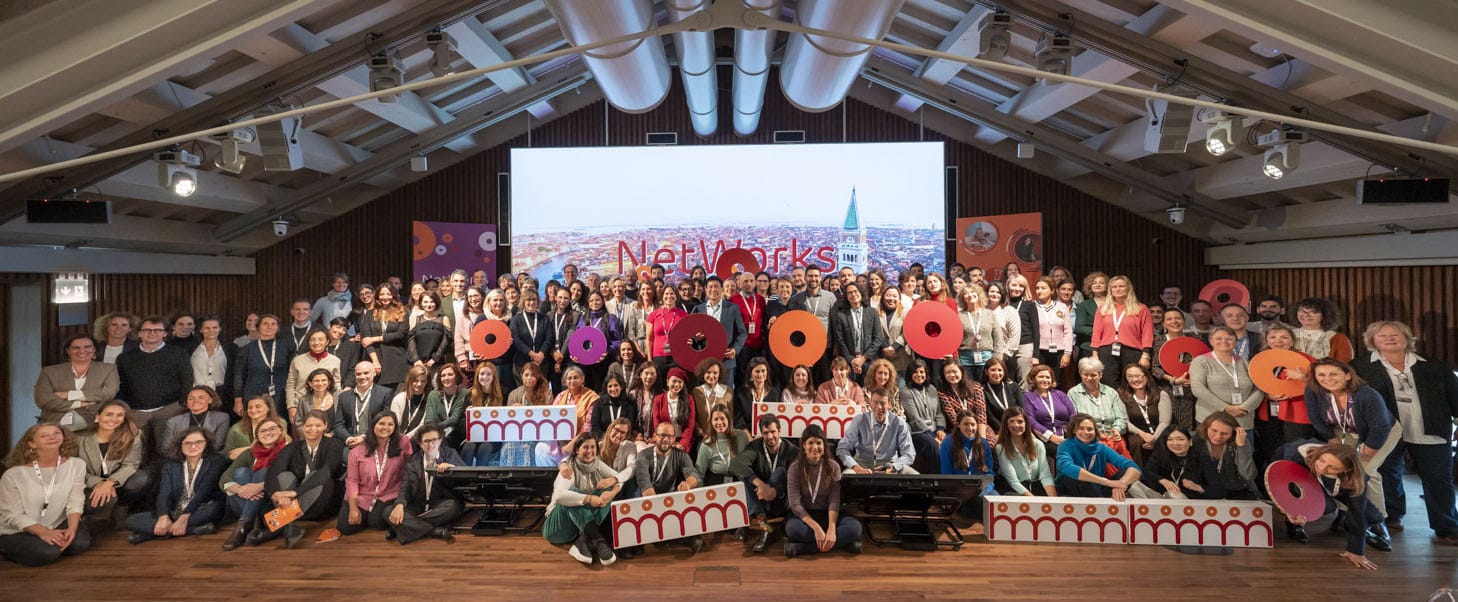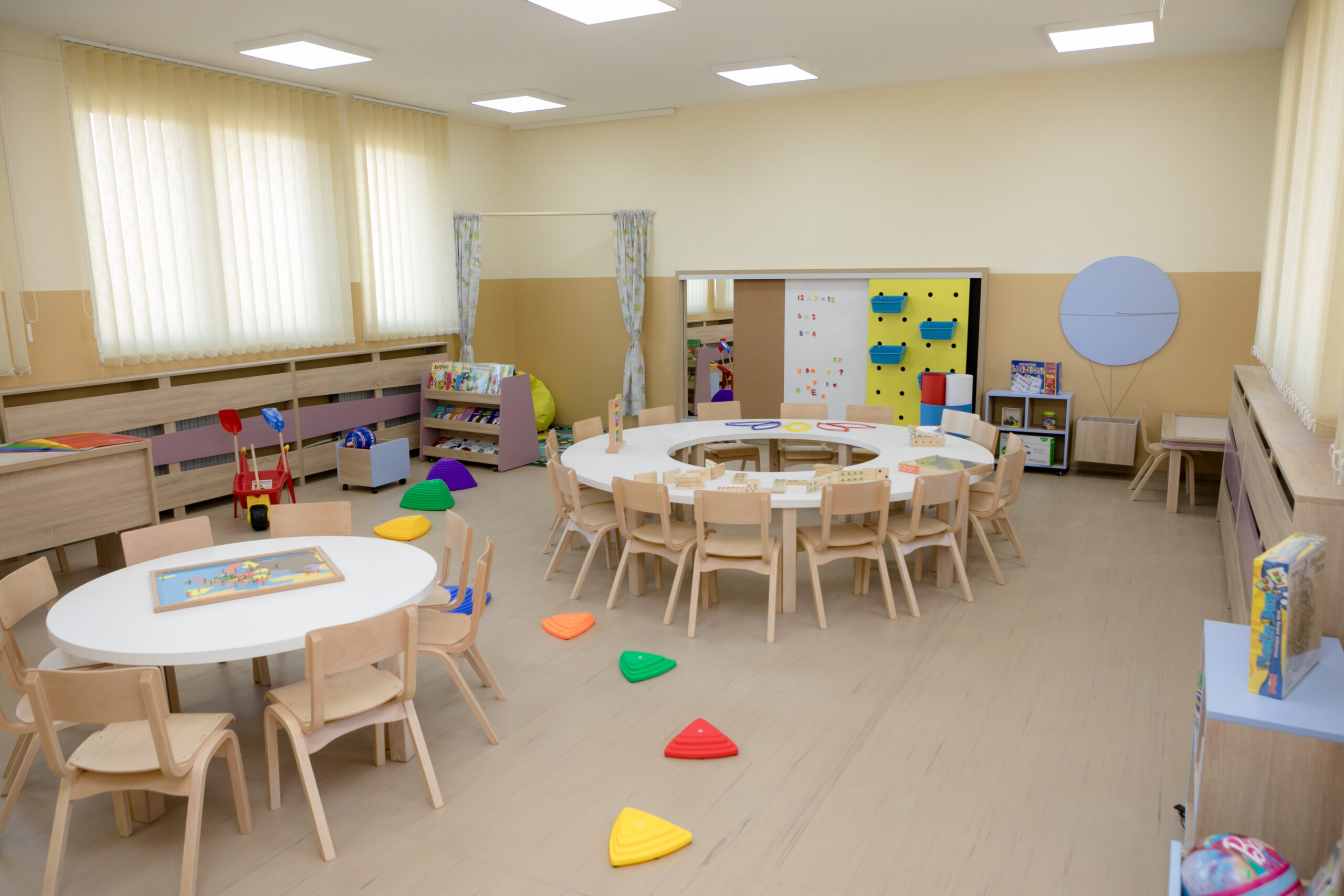Have you been caught off guard by your children’s difficult questions? Those questions that help define their world, personality, attitudes? Are you worried about giving appropriate answers that won’t scar and damage them or undermine your authority as knowledgeable, strong parents? You are not alone!
[dropcap]I[/dropcap] have been there: “What does death feel like?”, “Are children born bad or become bad later in life?”, “Why aren’t you talking to dad?”, “Why didn’t you tell truth to grandma?”, “What happened to our cat?”… These are only some of the questions I had to face as my daughter was growing up. In this article, I draw upon my experience as a parent, knowledge as an educator, and many parenting, psychology, coaching… books that I read, to come up with a simple guide through difficult conversations with your children.
The themes of difficult conversations can be put into two categories:
- Family: relationship problems, divorce, moving to another place, illness, family tragedies such as death, accidents, job loss, etc.
- Life & World: sex and reproduction, religion and God, poverty, war, natural disasters, and environmental problems, right and wrong, etc.
While there is no “one medicine fit all” kind of answer for these questions and every parent must take into account personal beliefs and values, as well as children’s age, character and maturity, there are certainly some helpful guidelines:
Choose the right time
It is important to choose the appropriate moment to talk to your children about difficult things. It is advisable to have a quiet, comfortable environment, not to be disturbed, and to be fully focused. Children will not choose the appropriate time to ask questions that cross their minds – that doesn’t mean you need to answer immediately. Simple “Let’s talk about this when we have more time” will do the job, but you must remember to keep your promise.
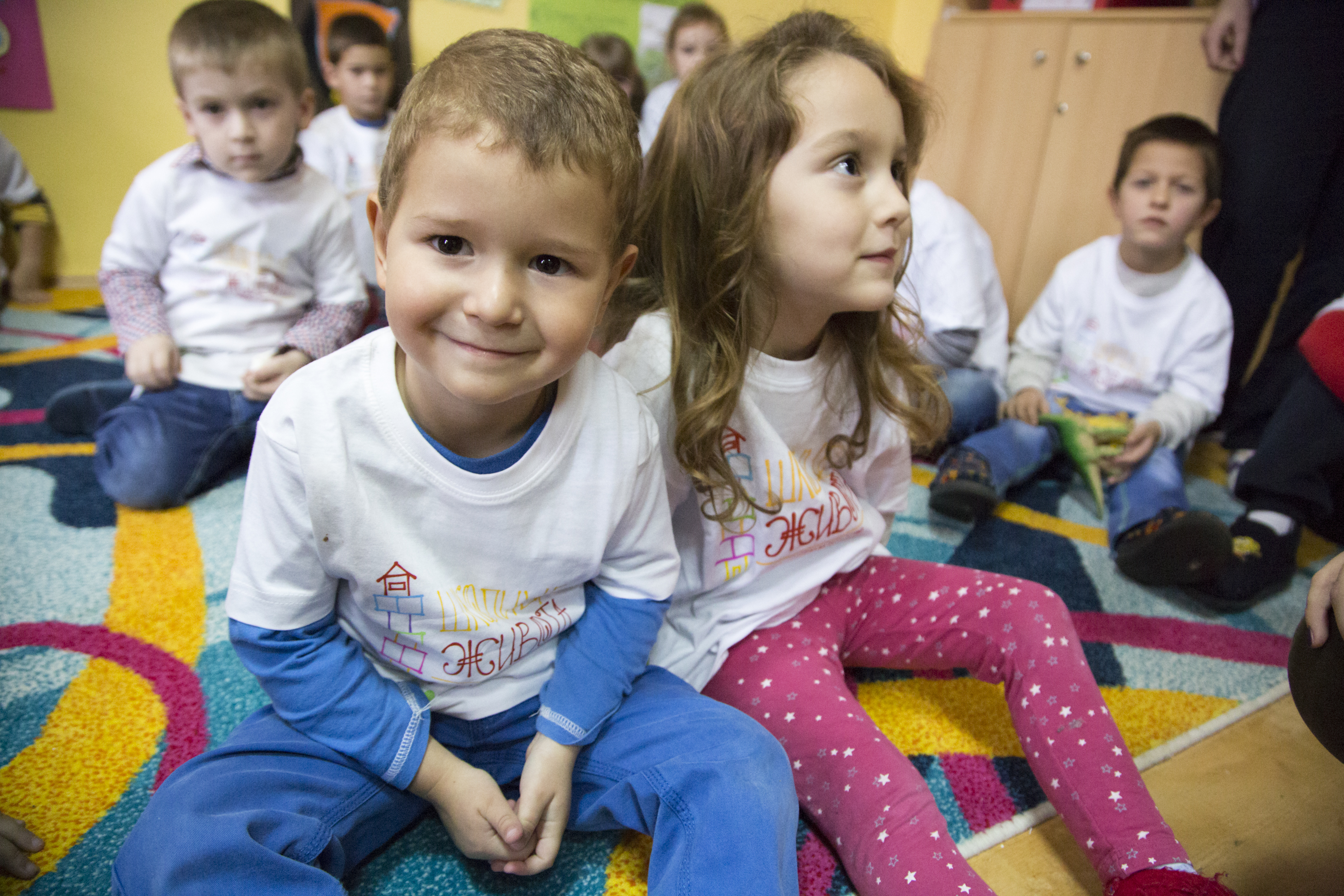
Have you been caught off guard by your children’s difficult questions? Those questions that help define their world, personality, attitudes?
Be prepared
For some difficult children’s questions, you will know exactly what to say, but some might be trickier. So, if you need to, prepare. Read up, make notes, talk to a spouse, friend, psychologist… If you try to answer and get caught by unexpected stuff, you can admit simply that you are not sure or need time to think, rather than continuing in a direction that might mess things up.
Age-appropriate
Always keep in mind the age of your children and their maturity. The explanations and examples you give them must fit their current knowledge of the world and their ability to grasp complex issues. A toddler might be satisfied with one sentence answer and a demonstration by their favorite puppet, but with a pre-teen, you might have to roll up your sleeves, find an educational video and talk about the whole thing for hours.
Equally important are your body language and intonation as you are speaking to your children.
Words carry only so much information, but the voice, gestures, posture, etc. reveal your real thoughts and feelings and children will immediately pick up on it. Try to keep things in sync and the whole conversations will run much smoother.
Moderate honesty
This is the big debate – should we always tell truth? While some parents opt for white lies to soften the blow of hard truth, I prefer the ‘moderated honesty’ approach. It means that we tell the truth, but do not necessarily give all the information and, if necessary, we change a thing or two that won’t compromise the sincerity of our answer.
Children can sense easily when we are not being genuine, even if they can’t voice it out clearly.
Lies confuse and destabilize them, as we are always teaching them not to lie. If we lie to them, we set up double standards and unclear boundaries which is really confusing and can damage the parent-child relationship in the long run. Of course, truth isn’t always pleasant and it can hurt or disturb children, but trying to weave something a bit positive and optimistic into the conversation will help make the truth more acceptable.
Foster confidence and security
Make sure that your answers aren’t fatalistic, depressing, and hopeless. Children need to feel safe and secure above all. Choose words carefully and even if the whole conversation was really tough, you can end it on a happier note, possibly with a joke or silver lining. If you are personally not feeling very optimistic and confident to have a tough conversation, postpone it to another time.
Sometimes, it is okay to turn the question back to your children and find out how they view the whole situation.
When my daughter asked me if Santa was real, I simply asked her “What do you think?” “I don’t think so.”, she said and made my answer much easier. With complex things, you may go with a wide perspective. My answer about God was something like: some people believe in this, other people in that, some don’t believe in anything. Our family believes in …., because ….. These answers, of course, will depend on your own belief system.
Children are naturally curious and like to understand how everything functions – from people to things, to relationships, to the world. Your answers are going to be a big part of the ever-upgrading reality scheme they are continuously constructing. When deciding about your answers try thinking how to empower them and keep them grounded, while being sincere and optimistic at the same time.
About the author: Jelena Fu is an educator with extensive experience working in China in various fields of education. In addition to working in the classroom, she has designed curricula for different subjects and ages, held training for teachers and workshops for parents. She has been practicing and studying meditation for many years and wants to pass on her experience and the benefits of meditation to others. Her meditations on the Insight Timer app are very popular. She attended the TEDx Conference in Shanghai in 2015 and regularly writes articles on education and parenting.

